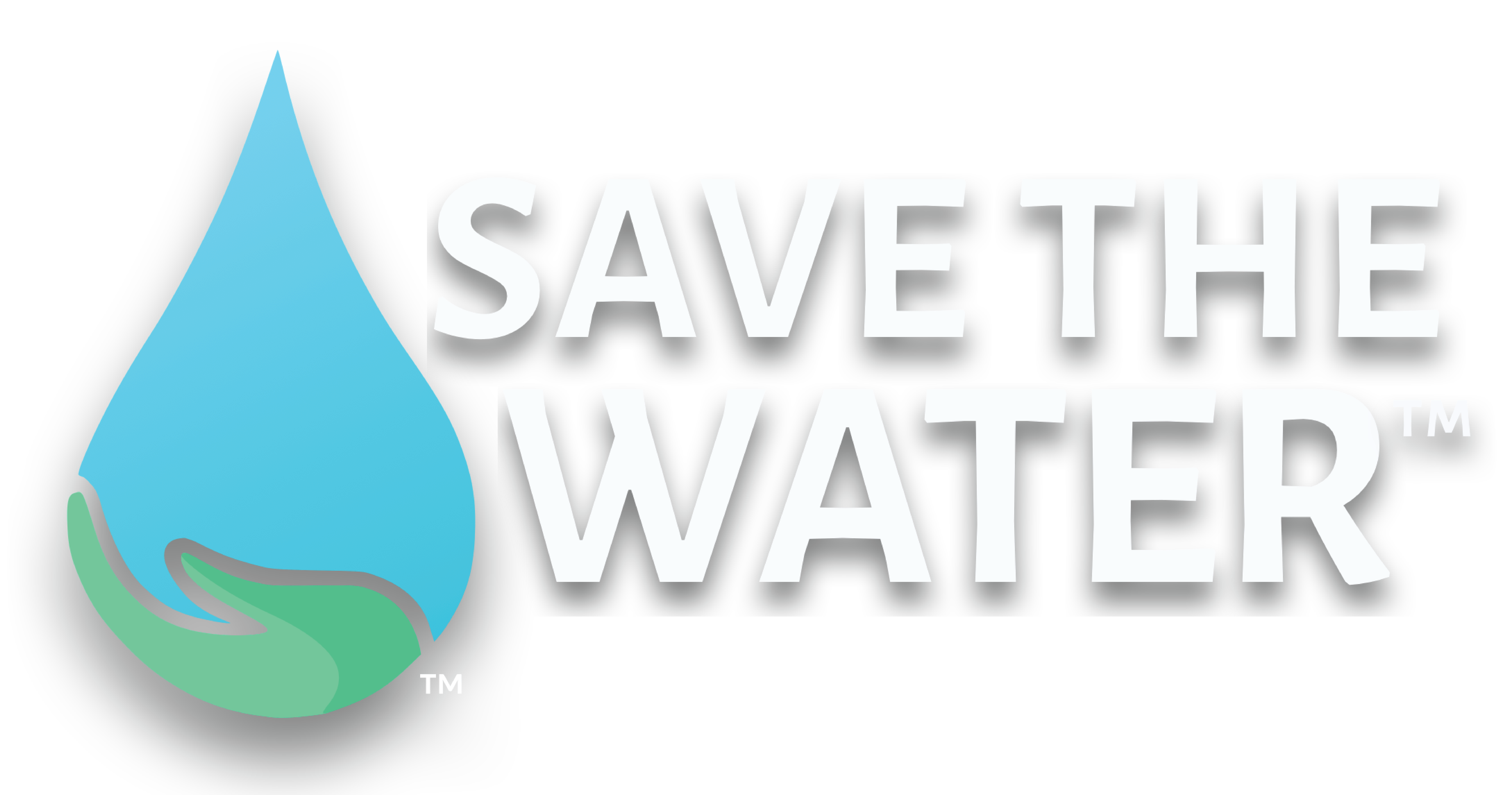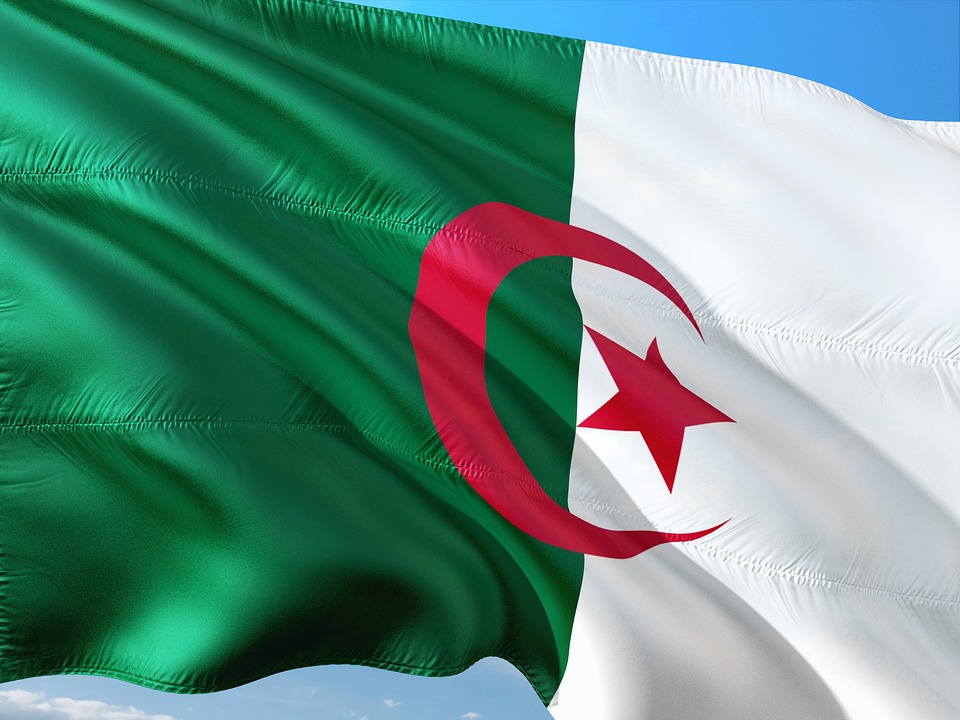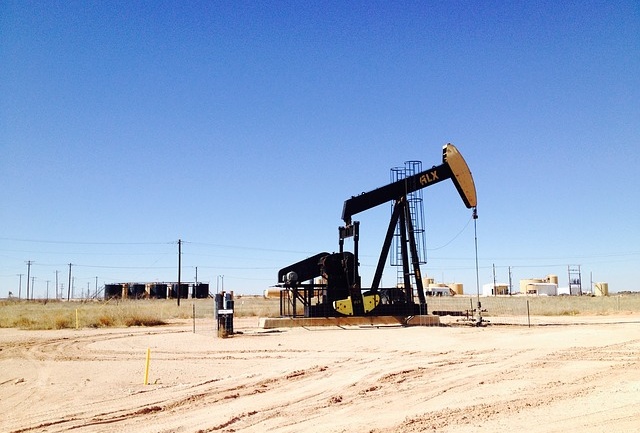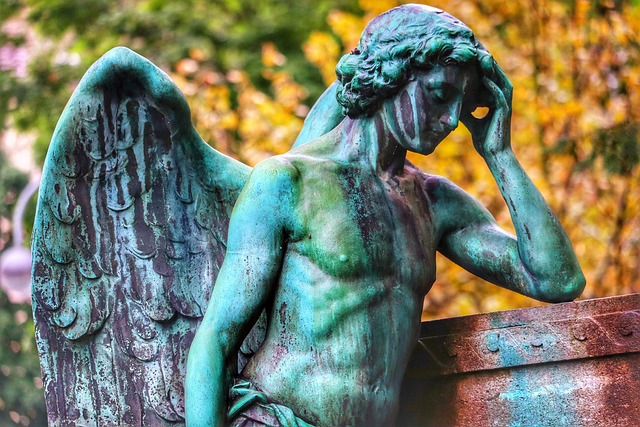By Taylor Schaefer, Writing Project Leader for Save The Water™ | May 9, 2015
Civil unrest is stirring up in Algeria, the third largest estimated shale gas reserve in the world (3). 750 miles south of the capital, lies a sensitive aquifer system that stretches from southern Algeria through Tunisia and Libya, overlapping at least four intensive shale gas fields (5). In May 2014, the Algerian Council of Ministers approved shale gas extraction through fracking on a national level without consulting parliament (2). Areas in southern Algeria have firmly opposed the extraction due to the amount of water required for the process as well as the harmful contaminates it leaves behind in the local water supply (2). Citizens in the southern town of Ain Salah have taken a stance through frequent protests, often violent, in a desperate attempt to save their most precious commodity; water (1).
Algeria’s gas industry has been developing since 1956 and is one of the first states to liquefy gas for export (1). Oil and gas exports remain a predominant source of revenue for Algeria due to lack of agricultural and technological diversity (2). Oil companies such as Halliburton in the US and Total in France make up nearly 40 percent of Algeria’s GDP (5). As domestic and international consumption of gas increases, Algeria is scrambling to maintain its export markets and meet its domestic demand. Exploring and developing different options has been triggered by the demand, which has lead to nations recent interest in shale gas resources (1). The approval of the shale oil development within the nation has left its citizens feeling betrayed. Many feel that decision was made without recognition of the implication it may have on water resources (1).
This situation remains a matter of life or death for communities in the southern part of the country where water is already in short supply. Copious amount of water are required for the fracking process. Fracking also poses a great risk for the water reservoirs due to improper wastewater discharge and accidental spills (4). Even after a successful extraction of shale gas part of the mixture is left behind. Some the mixtures remain in the ground while other parts return to the surface (4). The chemicals are often permeated into the groundwater or integrated into the environment in some other way, affecting the lives of both humans and animals (2).
The threat of fracking has become a serious threat to the citizens of southern Algeria. Prime minister Abdelmalek Sellal stated, “Between shale gas and water, the Algerian people will choose water; you think the Algerian state would be crazy enough to endanger the lives of its citizens?”(3) However, with no opposition from Algerian president Abdelaziz Bouteflika, shale extraction will most likely continue and expand throughout the country (5). Fracking is now banned in European countries, such as France, for the same reasons stated here (2). Are developing countries such as Algeria doomed to be exploited by multinational corporations and governments? If so, citizens must continue to put pressure on governments to protect their water sources.
Sources:
- Fathi, Saadallah Al. Gulf News. March 5, 2015. “Algeria does well to show less haste on shale.” https://gulfnews.com/business/analysis/algeria-does-well-to-show-less-haste-on-shale-1.1471850
- Kaiser, Sussanne.“Revolution rising up from the desert?” March 28,2015. Qantara.https://en.qantara.de/content/anti-fracking-protests-in-algeria-revolution-rising-up-from-the-desert
- Ouail, Aomar. USAnews. Feburary 3,2015.“Protests Stop Shale Gas Extraction In Algeria”https://popularresistance.org/protest-stop-shale-gas-extraction-in-algeria/
- R. Vidic et al., Science 340, 1235009 (2013). DOI: 10.1126/science.1235009. “Impact of Shale Gas Development on Regional Water Quality.”http://www.marcellus.psu.edu/
- Ross, Alexander. Counterpunch.“The Ain Salah Uprising” March 13,2015. http://www.counterpunch.org/2015/03/13/the-ain-salah-uprising/





